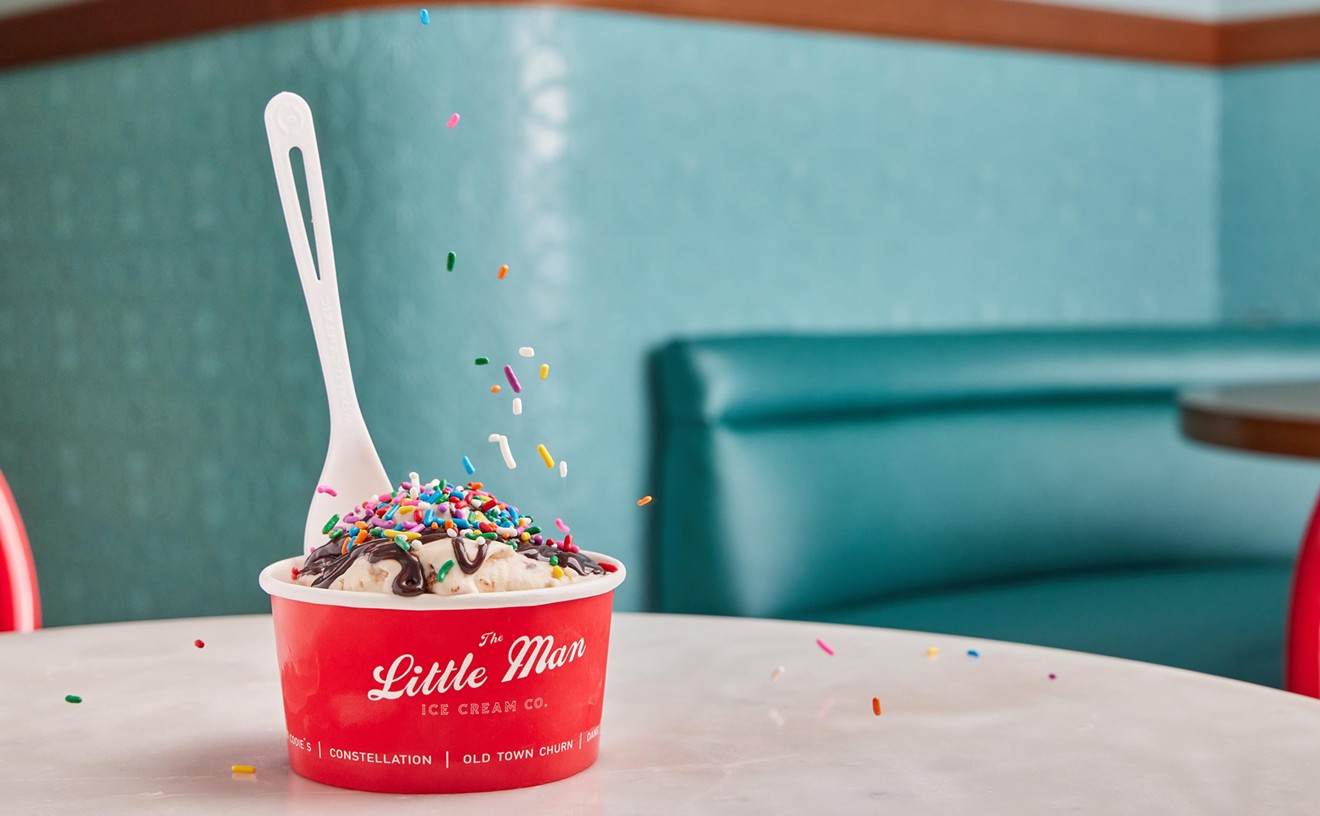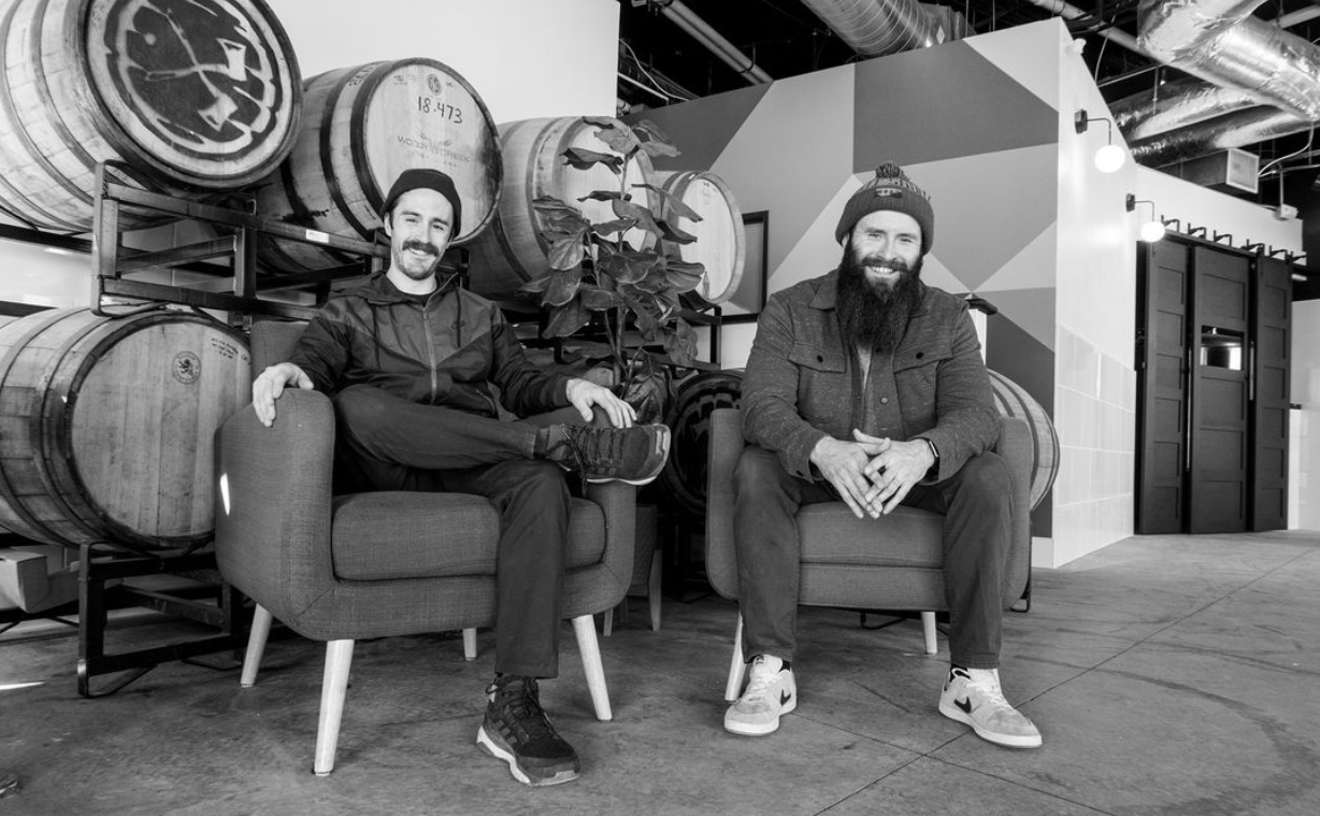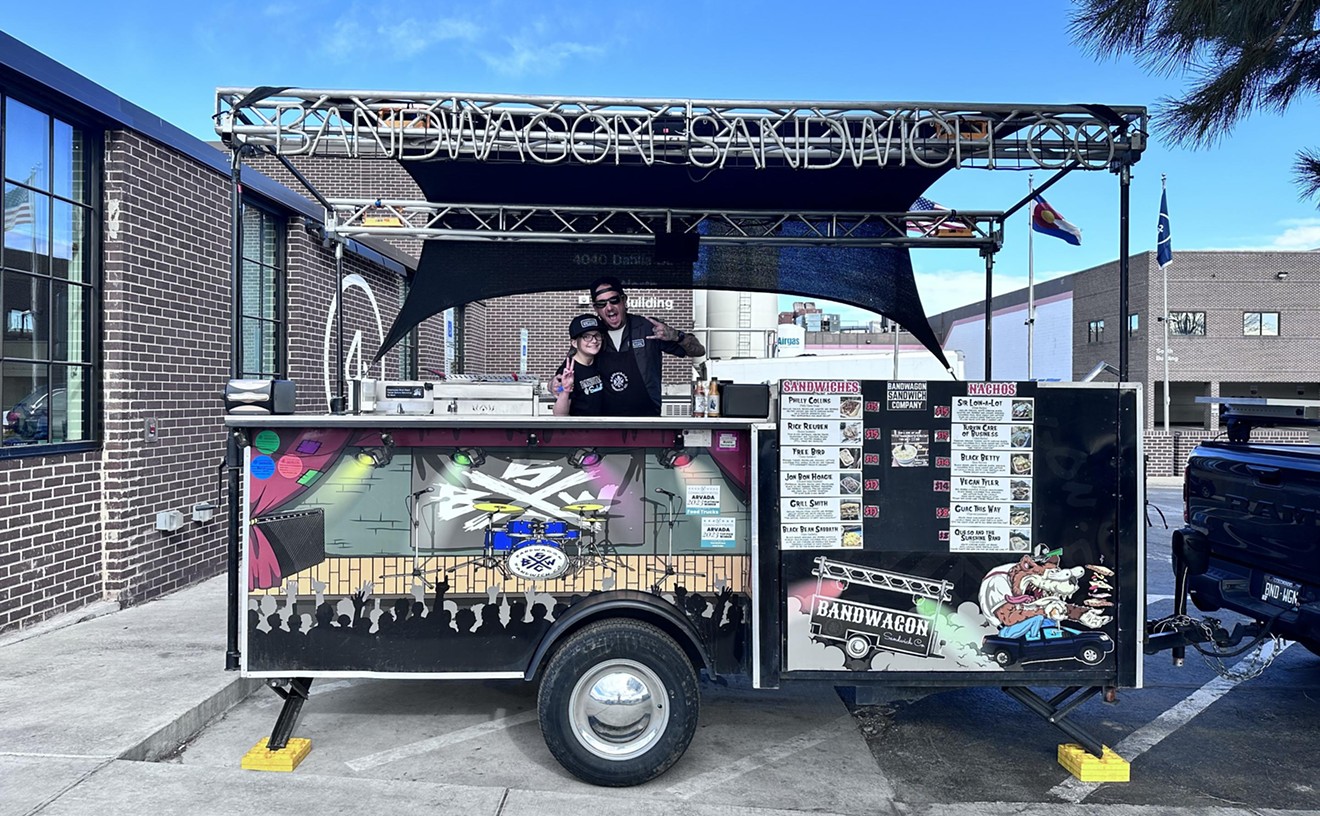I eat the lamb shawarma of a person who grew up in a Pittsburgh suburb, not too far away in miles, but worlds away in terms of cuisine, where ethnic food meant Ragu spaghetti sauce, La Choy chop suey and the occasional kielbasa at a cookout. So the first couple of times I ate the cooking of Greece and Lebanon and Armenia, I thought it was all incredible. It was only after many, many Middle Eastern meals at many different restaurants -- first in Pittsburgh, near the colleges, where late-night ethnic was a must-have, and later in New York -- that I started to be able to discern between good and not-so-good Middle Eastern food.
And so, even though Gerry can enthuse about Lebanese dishes most of us have never heard of (for a foodie, hearing about fabulous cooking without being able to taste it is akin to being a football player stuck on the sidelines during the big game), much less tasted, we both know mediocre lamb shawarma when we eat it, and we were eating it most recently at Sahara Restaurant, a seven-year-old Middle Eastern eatery in a strip mall on Arapahoe Road.
When her mom isn't in town to do the cooking, Gerry has always headed for Sahara, but even she had to admit that things weren't up to their usual standards during our lengthy initial visit. For starters, we had only two courses and we were there for nearly two and a half hours, most of which was spent waiting for things to arrive. This in a place that has on the front of its menu: "Hospitality is a stringent duty all over the Arab world. The ultimate aim of civility and good manners is to please the guest." We didn't experience bad manners, but the service at Sahara was awful that first time and only slightly better the second.
The food was all over the map both times. The cook, co-owner Jihad Younan, a Lebanese transplant who started Sahara with his partner, front-of-the-house man Mohammed Ettachfini, from Morocco, says the recipes are his and have been accumulated and refined over the years. But while the recipes themselves may be sound, our meals indicated that the kitchen needs a wake-up call.
For instance, a plate of hummus with meat ($6.50) featured a thick chickpea purée, too light on the lemon and garlic, strewn with thin slices of beef that were on the dry side, along with a half-dozen shreds of carrot and onion (the "grilled vegetables" promised on the menu). The baba ghanouj ($4.50) was much more flavorful, strong with smoky eggplant and thinner than the hummus, making for easier spreading on the pitas, which were obviously of the commercially mass-produced variety.
We were confused by the dough used on the rakaik with lahme ($5.95), which, according to the description under the name on the menu, was supposed to be flaky pastry "fingers" filled with ground beef, except that lahme means lamb, not beef, and the pastry was more like piecrust than phyllo, the traditional wrapper for a dish I've always seen called lahm bi'ajeen, which translates to "meat with dough." This dough also had the texture of the commercially prepared rather than the khoubiz type of dough usually used by Lebanese cooks, and that made the little crescents heavier than normal. But the beef filling, augmented with minced onions and a hint of cinnamon, was well-melded and tasty.
Our other starter, the grape leaves ($4.75), was flawless. In fact, they exceeded our expectations. I often pass on grape leaves because they can be slimy, days old, and sometimes taste like overly fermented vinegar, but at Sahara, the six little bundles were mildly lemony, moist but not soggy, and filled with freshly cooked rice, diced tomatoes and chickpeas. Best grape leaves I've ever had.
The entrees, however, were another toss-up, with the kabob combination ($14.50) offering dried-out meats -- it's easy to do that to lamb and chicken, but how did they get the shrimp so devoid of moisture? -- and that lamb shawarma ($10.75), also dry and lacking any distinguishing flavors. Actually, it tasted as though it had been cooked days before and reheated. The sahen lamb ($11.75) on the other hand, was stunning, a pile of succulent, unbelievably tender lamb strips cooked with lemon -- which remained an underlying note rather than the main chorus -- and onions, served over rice that had been colored and flavored with saffron and sprinkled with toasty pine nuts. It was the kind of dish that had us rolling our eyes with every bite, but it was strange in juxtaposition to the other, lackluster dishes.
We didn't have dessert on that visit. After more than two hours -- we had bought two bottles of wine, the second of which came when we were mere bites away from finishing our entrée, and the check wound up taking fifteen minutes to arrive -- we simply weren't going there.
But we did have to go back, and while the service this time was better by a slim margin, the food remained dicey. The shrimp teka ($7.25) featured shrimp that seemingly had been cooked the same way as the kabobs, so dry and chewy were the four sad specimens, and the cilantro-garlic sauce promised on the menu was not in evidence at all. But the zaalouk -- a Moroccan dish that's like a cooked eggplant salad -- that sat beneath the shrimp was delicious, a heady mixture of the purple fruit stewed with garlic, tomatoes and cilantro. Another Moroccan specialty, the pastilla ($5.25) -- which is never made in this country with the original filling, shredded pigeon -- had just the right balance of almonds, powdered sugar and cinnamon between its phyllo layers, and the pigeon substitute, chicken, was tender and juicy.
That was the last moist meat we ate. The chicken with couscous ($9.50) offered chicken so dehydrated I wanted to hook it up to a saline IV, and there were exactly two one-inch-long pieces of carrot and three half-inch-thick slices of zucchini serving as the "vegetables" in the dish. In direct contrast to the chicken, the couscous was a wet pile of goo, somewhere between cream of wheat and farina in texture and taste. We would gladly have traded some of that wetness, however, for the lamb brochette ($10.95), which, according to the menu, is "only the best leg of lamb...selected to create this dish," but who could tell? The two skewers of meat looked like black sticks stuck through charcoal briquettes, and the taste was comparable. Only slightly less overcooked were the sahen gyros ($8.95), lamb that had been ground, wrapped around a huge skewer and rotisserie-broiled until nothing about it resembled anything that had ever come from a juicy, tasty animal. The shards that had been cut off the rotisserie looked like shavings from the roof of a burned building, with the edges all blackened and curled up. I'm starting to get why this eatery is named after the desert.
It's always nice to end on a good note, though: The baklava ($2.95) had a lot of pistachios in it, which gave it a more sophisticated flavor than the versions that use walnuts or almonds.
But that wasn't enough to make eating at this mostly charmless spot worth sitting around for. Even Gerry -- who has always grumbled that Sahara, like most of the other Middle Eastern eateries in town, doesn't serve kibbeh, which is considered to be the national dish of Lebanon -- thinks maybe the restaurant will be off her list for a while.
Because when it comes to mediocre food, it is a small world, after all.










